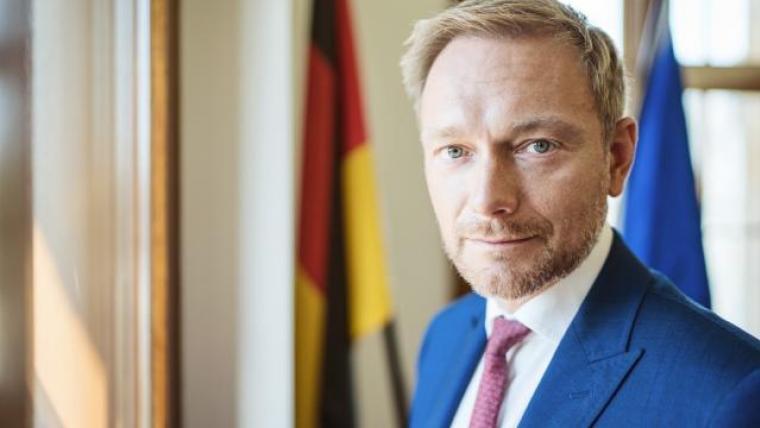We must close the EU capital markets gap.

Lesedauer: 4 Minuten
Europe’s economic strength in the next decades will be determined by our ability to mobilise private investment. We must accelerate the green and digital transitions of our economy. To do so, we must enable businesses to raise the massive amounts of private capital necessary — more than €500bn of additional funding each year.
In the past decade, the capital market growth of some major industrial powers has consistently outpaced that of the EU. We have gone from having a similar number of initial public offerings to the US to less than half the number today. The US stock market is now more than double the size of the EU one in terms of GDP. We need to close the gap.
At its core, the capital markets union project has always been about reducing market fragmentation. This has sometimes been a slow and careful process, owing to different legal regimes and traditions. But it is high time that we step up our efforts.
Delivering a deeper, better-functioning capital market will help businesses finance innovative ventures as well as long-term projects. It will strengthen our strategic autonomy, as a major, fundamentally open, economic bloc. And it will make our economy more resilient by reducing the heavy reliance of EU businesses on bankbased financing.
European leaders have recognised the need to put our under-developed CMU on top of the agenda. In a move initiated by the President of the Eurogroup, Europe’s finance ministers will regularly discuss which priorities need to be addressed in the next legislative cycle. As the finance ministers of France and Germany, we believe that Europe must intensify its efforts and are fully committed to using this opportunity to speed up negotiations. In a Franco-German road map, we have laid out joint ideas on a way forward.
First and foremost, we must make market-based financing more attractive for EU businesses. This means reversing the negative trend that has led to substantially more delistings than listings in recent years. Otherwise, we risk being caught in a vicious cycle in which more companies turning away from public markets leads to shrinking investor engagement and so on. Putting capital markets back on track will require cutting red tape and easing public market access, especially for SMEs.
With the current proposal for an EU Listing Act that will simplify the process, we can take a big step in the right direction. Germany and France agree that this should be a matter of priority.
We must also strengthen shareholder culture. We can help individual investors by improving the information accompanying packaged retail investment and insurance-based products and avoiding measures that could limit their access to financial advice. By increasing retail investor participation, we will also contribute to an overall broader investor base and to deeper pools of capital.
We should revitalise the EU’s sluggish market for securitisations, which are vital for banks in their risk and liquidity management and ultimately contribute to mobilising new investment. Europe has already agreed upon targeted amendments to how we treat securitisations and more could be adopted in this legislative cycle.
Additionally, we should further improve our Sustainable Finance framework to capitalise on our leadership. Fostering transparency and trust requires the effective prevention of greenwashing. And we need to make sure that requirements are manageable. Importantly, those laid down in the EU Taxonomy should not preclude the very investments we need to transition to a net zero economy.
European start-ups and scale-ups must be able to find the financing they need. The European Tech Champions Initiative is one key step but we need to address other gaps as well, such as in the market for exit-financing.
Finally, we should strengthen the EU’s position as a global financial trading hub, including by further developing our clearing infrastructure. Let us put the EU firmly back on the map of major financial centres and mitigate some of the damage Brexit caused to the EU’s role as a financial superpower.
In doing so, we would give Europeans a greater say in the global financial system and ensure that businesses would not have to look elsewhere for investment or financial services. To this end, we must make our market framework more agile and no longer treat competitiveness as a mere afterthought.
Europe has made substantial progress but we have only laid the groundwork. We need a new dynamic if we are to build a genuine CMU worthy of the name for our citizens and businesses.